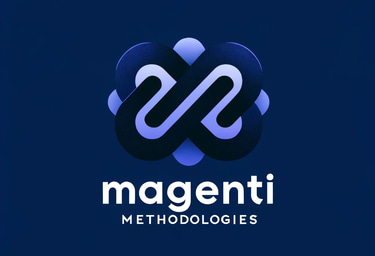Crohn's and Colitis UK
Landscape analysis of the inflammatory bowel disease research field in the UK: publications, funding and clinical trials.
Crohn's and Colitis UK is the nation's leading charity supporting people affected by inflammatory bowel disease (IBD). Through their research funding, advocacy work, campaigning and multiple support services they fight to improve the lives of over 500,000 people in the UK living with these conditions while working towards a future free from Crohn's and Colitis.
They contracted me to conduct a comprehensive analysis of the IBD research landscape in the UK, laying the groundwork for a strategic refresh of their research programme. Using a combination of traditional bibliometrics and innovative approaches to thematic analyses, I:
Analysed multiple open datasets including OpenAlex, ClinicalTrials.gov, and EuropePMC to map out publication patterns, clinical trials, and grant funding in the IBD research space.
Developed and implemented a mixed-methods process combining topic modeling (Latent Dirichlet Allocation) with large language models to identify and categorise key research themes in the field of IBD. As part of this, I automatically categorised over 13,000 IBD papers from the UK against one of the 10 James Lind Alliance priorities set out in 2014, and tracked how UK research was influenced by this exercise.
Conducted 15 in-depth interviews with key researchers and funders in the field to validate findings, gather expert insights on the current state and future directions of IBD research, and discuss opportunities for partnerships.
Synthesised findings into 11 key conclusions spanning critical areas such as workforce development, skills distribution, research themes, knowledge gaps, collaboration patterns, industry engagement, level of funding and opportunities for partnerships - each accompanied by specific actionable recommendations.


Yarunnessa Khan, Senior Research Strategy Lead at Crohn's and Colitis UK:
"In just a few months Jorge was able to uncover incredibly valuable information about the IBD field in the UK, that will help us shape our next research strategy. Through his analyses he told us some things we suspected, but did not have any data for, but also gave us new insights that have changed our view on what the field needs and what our next steps should be."
The findings from this analysis were compiled into a report and detailed presentation, with plans for publication in manuscript format. This work provides Crohn's and Colitis UK with a data-driven foundation for their research strategy, helping ensure their future investments are guided by the best available evidence, and maximising the chances of delivering positive impact for people living with IBD.
Yannuessa continues: "Jorge's clear communication style and responsiveness made the project run smoothly, and he consistently helped us understand the practical implications of his findings. Colleagues at Crohn's and Colitis UK have found the learnings of the project very valuable for our work. During the course of the project, multiple interviewees that saw parts of the analysis encouraged us to publish the work. In the coming months we will work together on a manuscript, and we also look forward to future collaborations with Jorge as we work to maximise our impact for the IBD community."
Working on this project was particularly meaningful, as it offered a window into the profound respect that the research community holds for Crohn's and Colitis UK. The interview process and interactions with the CCUK team throughout the months also made clear that the voice of the IBD patient community is the guiding light in everything they do.
On a personal note, I would like to thank Crohn's and Colitis UK for being one of the first organisations to take a chance on me when I began my consulting journey. Their early trust and support were invaluable in helping establish my practice, and it has been deeply rewarding to continue working with an organisation so genuinely committed to their community's wellbeing.
Treemap depicting topics defined using a technique called Latent Dirichlet Allocation (LDA), and key concepts that fall under each topic. The concepts were extracted using a large language model.
